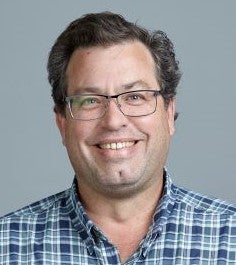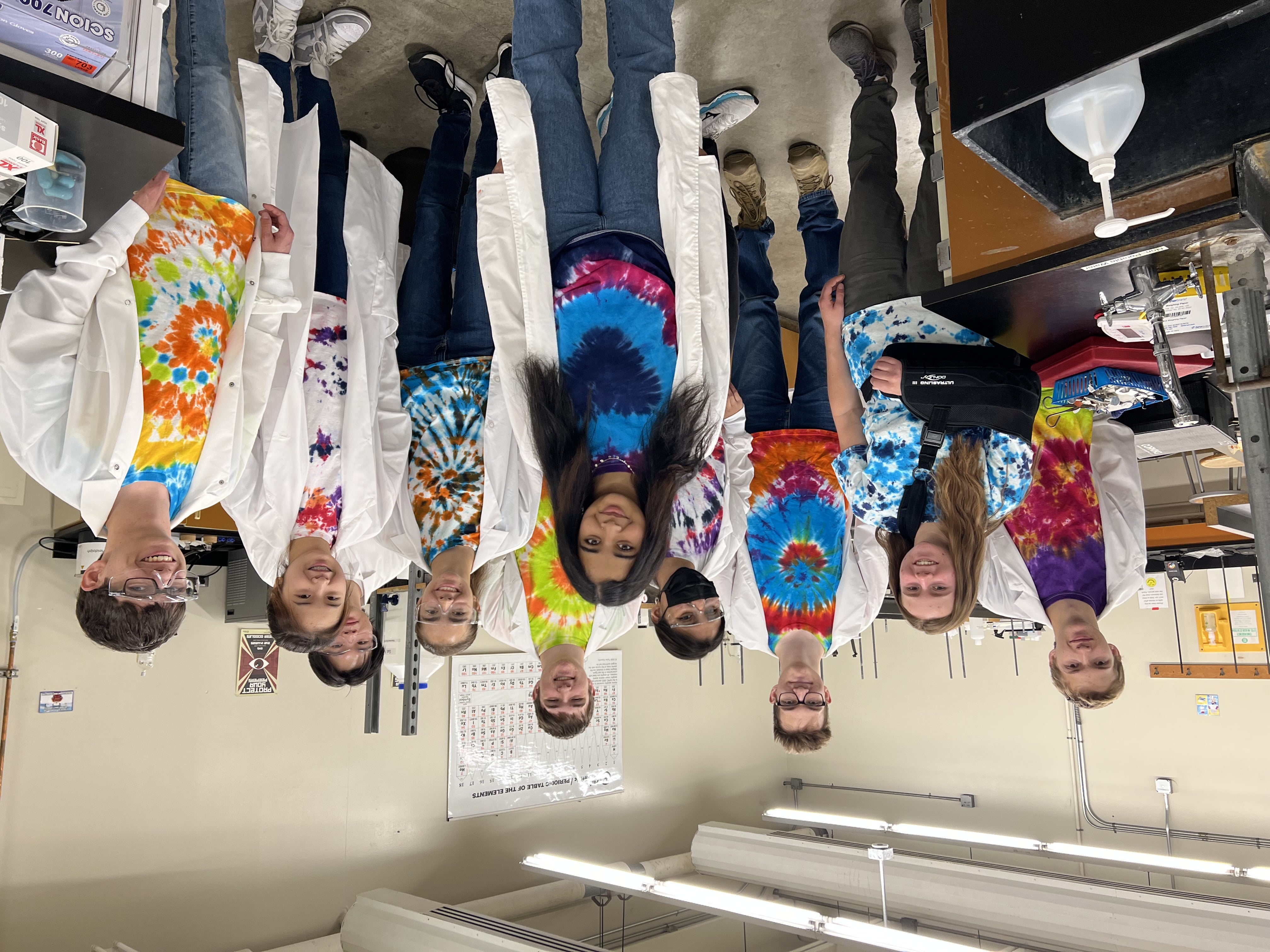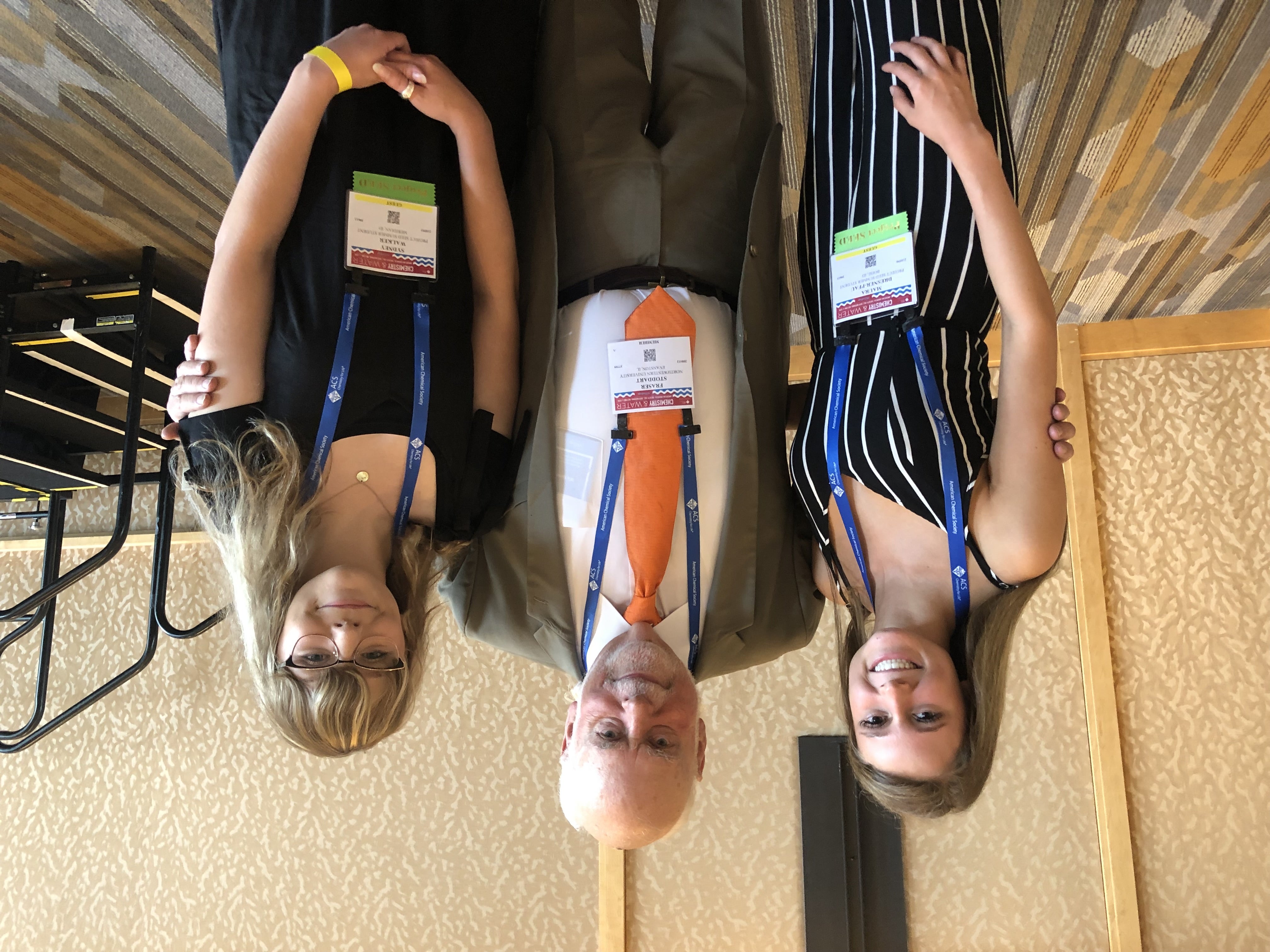
Don Warner, a professor of organic and medicinal chemistry professor, is known for placing his students’ education first. In his classroom and lab space, undergraduates and graduates gain first-hand knowledge of the wonders of chemistry, and its impact on everything from the most basic chemical reactions to the life-saving potential of cancer treatments. His profound dedication earned recognition by the American Chemical Society, one of the largest scientific societies in the world.
As of Fall 2022, Warner is an American Chemical Society fellow. This standing is intended to recognize members of the society for outstanding achievements and contributions to science, the profession and the society.
Warner’s chemistry career at Boise State began in 2002. Since then, he estimates teaching about 2000 students in his classroom and lab. No matter how long ago they graduated, he still couldn’t be more proud of them.
“I came to Boise State because I wanted to do high quality research with undergraduates, and I wanted to provide them with significant opportunities,” Warner said. “And a lot of my students have gone on to be Top 10 Scholars, Barry Goldwater Scholarship recipients and become scholars at prestigious universities.”

Warner’s students engage in vital research activities centered on drug development and analyzing chemical compounds used to treat various cancers, including breast cancer. In the lab, his students come to terms with their own power to use science to battle deadly disease.
Pocatello-raised Emma McInturff, an Honors College alum (B.S., chemistry, ‘09) took the lessons Warner taught her all the way to Pfizer, where she is a process chemist. McInturff recently received honors for her contributions to science during the COVID-crisis as one of the “Heroes of Chemistry.” She was a team member who helped bring the Pfizer COVID-19 drug, Paxlovid, to market.
“Dr. Warner cares about the students in his classes and about the quality of the instruction and education that they receive,” McInturff said. “I attribute a lot of the foundational learning that helped me to be successful in my graduate studies and my technical work at Pfizer to my undergraduate experience at Boise State.”

Even during summer break, Warner engages low-income students from diverse backgrounds to experience all that chemistry research has to offer. As the chair of the national American Chemical Society Project SEED program (originally Summer Experiences for the Economically Disadvantaged), Warner has helped hundreds of students find their place in STEM fields, become involved in research and earn American Chemical Society-sponsored scholarships.
During the peak of COVID in 2020, when summer research programs and opportunities for high school and prospective college students were almost impossible to find, Warner stepped up. With volunteers and society staff, he arranged a completely virtual summer camp and negotiated the first increase in participant stipends in years.
“These students from low-income households across the nation were counting on the experience and earning money during the pandemic. We helped roughly 300 high school students,” Warner said. Since then, Warner continues to host virtual SEED project programs and expand its reach for students who cannot travel to a physical location.
Warner not only advances science by educating the next generation, but through his own award-winning research. For example, in April 2022, Warner received National Institutes of Health/National Cancer Institute funding of more than $395,000 to synthesize small molecules that will inhibit the signaling of a protein implicated in the onset of the early stages of breast cancer metastasis. Breast cancer is the most diagnosed cancer in the world and breast cancer-related deaths are primarily the result of the primary tumor metastasizing and spreading tumors on vital organs. There are no current drugs available that specifically target cancer metastasis.
To learn more about Warner’s research, visit the Department of Chemistry and Biochemistry webpage.